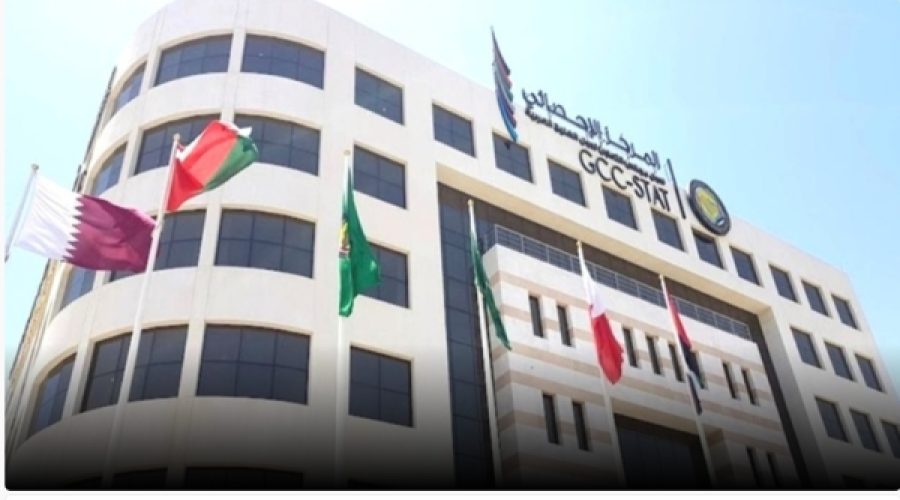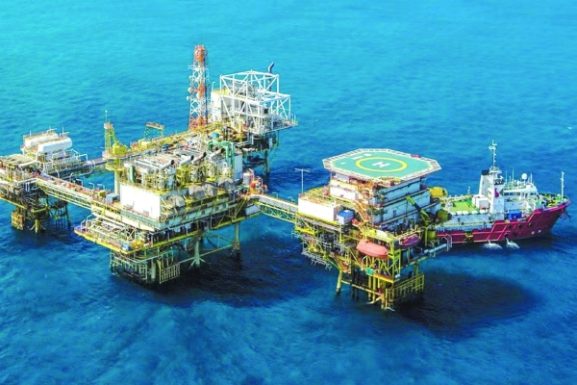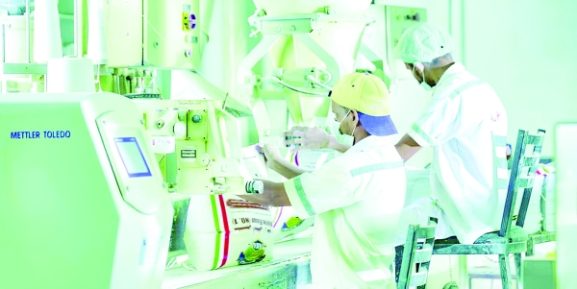نمو القطاع غير النفطي في دول مجلس التعاون الخليجي: ما يعنيه للمستثمرين ورواد الأعمال
مسقط - سجلت دول مجلس التعاون الخليجي ناتجًا محليًا إجماليًا قدره 1.4 تريليون ريال عماني بالأسعار الجارية في عام 2023، وهو ما يمثل زيادة قدرها 2.143 تريليون ريال عماني عن العام السابق. انخفاض بمقدار 2.7% من 1.203 تريليون ريال سعودي بنهاية عام 2022، وفقاً لبيانات المركز الإحصائي لدول مجلس التعاون الخليجي.
وانخفض الناتج المحلي الإجمالي المتاح، الذي يمثل الاستهلاك والادخار بعد الضرائب والتحويلات الأخرى، بمقدار 31 تريليون و310 مليارات دولار، ليصل إلى 1.989 تريليون و4 مليارات دولار مقارنة بـ 1.515 تريليون و4 مليارات دولار في عام 2022.
بلغ إجمالي القيمة المضافة للقطاع غير النفطي في دول مجلس التعاون الخليجي نحو 1.513 تريليون دولار أمريكي بالأسعار الجارية بنهاية عام 2023، بينما ساهم القطاع النفطي بنحو 603.5 مليار دولار أمريكي. والجدير بالذكر أن حصة القطاع غير النفطي من الناتج المحلي الإجمالي للمنطقة ارتفعت إلى 71.51 تريليون دولار أمريكي في عام 2023، من 651 تريليون دولار أمريكي في عام 2022، بمعدل نمو سنوي قدره 6.41 تريليون دولار أمريكي.
وعلى مدى السنوات الخمس الماضية، ساهمت أنشطة التعدين والمحاجر بأكبر مساهمة متوسطة في اقتصاد دول مجلس التعاون الخليجي بواقع 28.31 تريليون دولار أميركي، في حين كان قطاع التصنيع المساهم الرئيسي في القطاع غير النفطي بمتوسط 11.71 تريليون دولار أميركي.
أظهرت معظم الأنشطة الاقتصادية نموًا إيجابيًا في عام 2023، حيث تصدر قطاع التمويل والتأمين نمو 11.7%تبعه قطاع النقل والتخزين بفارق ضئيل، مسجلاً 11.61 تريليون وون (3.3 مليار دولار). وشملت القطاعات الأخرى التي شهدت نمواً قوياً العقارات (8.11 تريليون وون)، والإدارة العامة والدفاع (7.91 تريليون وون)، وتجارة الجملة والتجزئة (7.61 تريليون وون)، والتعليم (5.51 تريليون وون). في المقابل، انخفض قطاع التعدين والمحاجر بمقدار 18.81 تريليون وون (3.3 مليار دولار)، وانخفض قطاع التصنيع بشكل طفيف بمقدار 0.71 تريليون وون (3.3 مليار دولار).
فيما يتعلق بمكونات الإنفاق في الناتج المحلي الإجمالي لدول مجلس التعاون الخليجي، بلغت صادرات السلع والخدمات نحو 1.258 تريليون دولار أمريكي في عام 2023، ما يمثل 59.51 تريليون دولار أمريكي من الناتج المحلي الإجمالي بالأسعار الجارية. إلا أن هذا يمثل انخفاضًا قدره 7.11 تريليون دولار أمريكي مقارنة بالعام السابق.
ارتفع الإنفاق الاستهلاكي النهائي، الذي يشمل إنفاق الأسر والمنظمات غير الربحية والحكومات على السلع والخدمات للاستخدام المباشر، بمقدار 7.51 تريليون و3 أطنان ليصل إلى 1.246 تريليون و4 أطنان و4 أطنان و5.51 تريليون و3 أطنان و4 أطنان و601.8 مليار و4 أطنان و6 أطنان ...
تسلط هذه البيانات الضوء على التحول التدريجي لدول مجلس التعاون الخليجي نحو التنويع مع نمو القطاع غير النفطي على الرغم من بعض الانتكاسات في الصناعات الرئيسية مثل التعدين.
تحليل خاص من عمانت | تصفح سوق عُمان
دول مجلس التعاون الخليجي التحول نحو اقتصاد أكثر تنوعًا وغير نفطيمع مساهمة القطاع غير النفطي الآن بنسبة 71.51 تريليون ريال سعودي من الناتج المحلي الإجمالي، يُشير هذا إلى تحول هيكلي كبير. بالنسبة للشركات في عُمان، يُنشئ هذا فرص في مجالات التمويل والنقل والعقارات والتعليم، القطاعات الرئيسية التي تظهر نمواً قوياً، في حين ينبغي للمستثمرين أن يكونوا حذرين من تراجع قطاعي النفط والتعدين. ينبغي على رواد الأعمال الأذكياء التركيز على الابتكار والتوسع في الصناعات غير النفطية للاستفادة من الاستهلاك المحلي المتزايد وتكوين رأس المال المتزايد الذي يدعم المرونة الاقتصادية في المنطقة.



